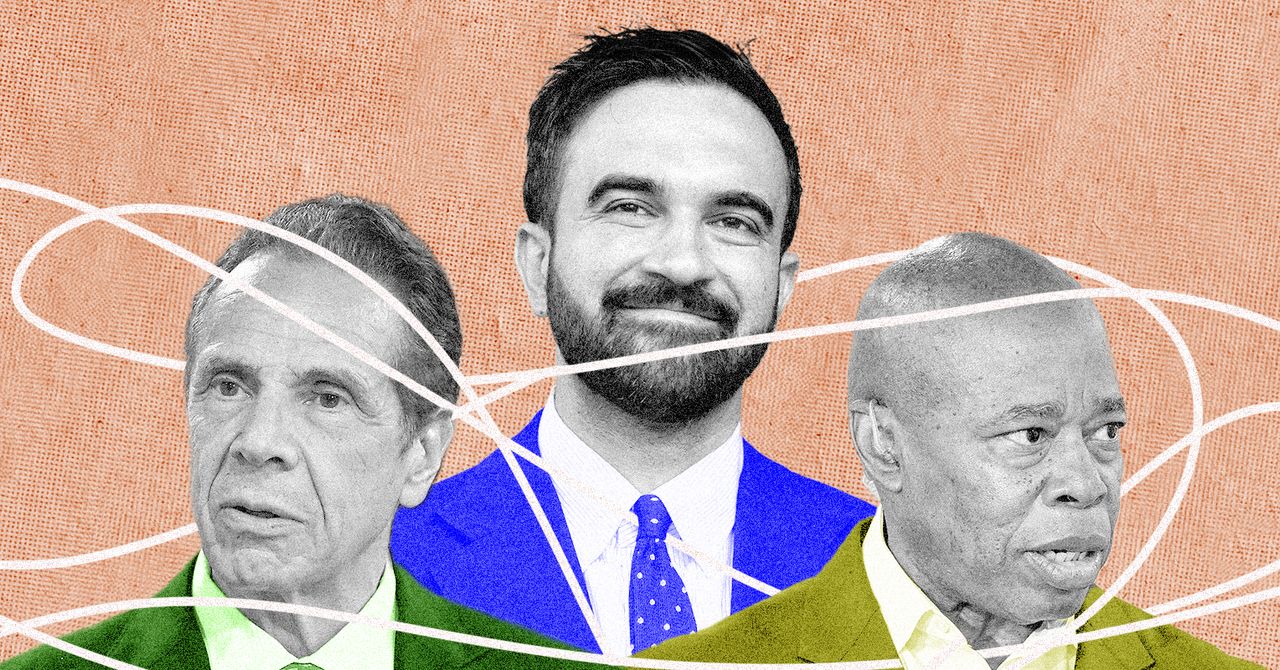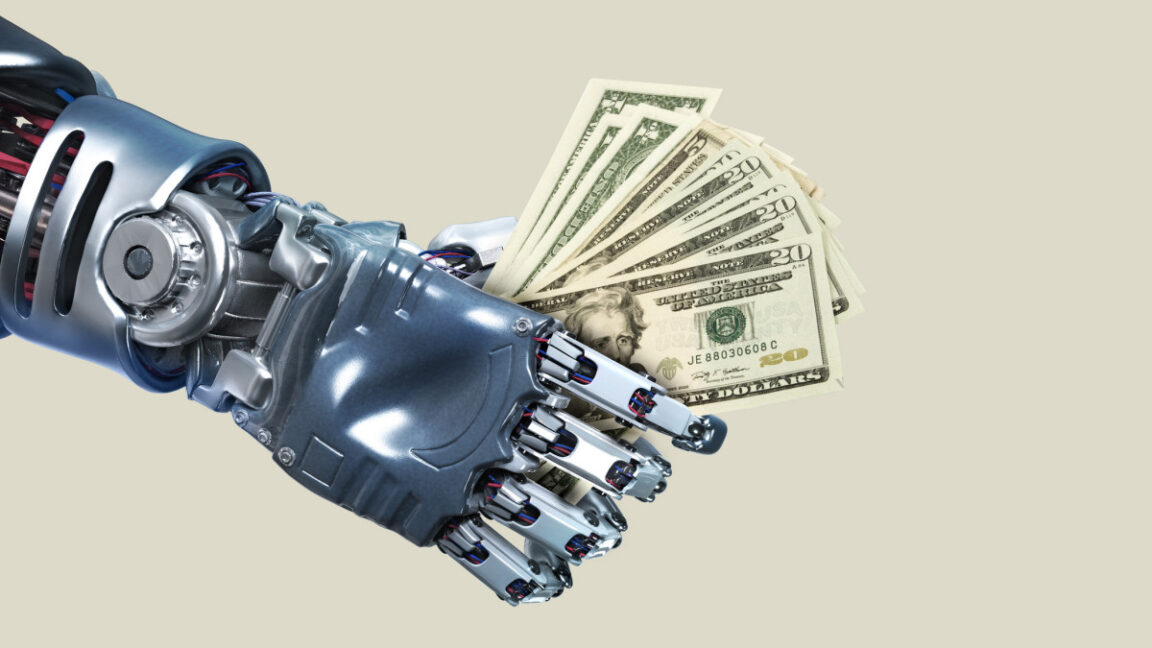Silicon Valley's Unease with Zohran Mamdani: A New York Tech Perspective

Zohran Mamdani's victory in New York City's Democratic primary has sent ripples of concern across Silicon Valley's tech executives, despite many not residing in the city or state. This unease stems largely from his Democratic Socialist identification, frequently mischaracterized by critics as plain socialism or even communism.
The atmosphere is charged with apprehension as prominent figures, including members of the popular All-In podcast and noted executives like David Sacks and Elon Musk, express trepidation over Mamdani's potential mayoralty. On social media, these leaders have voiced alarm, framing a narrative of fear and opposition to Mamdani's ideals. Yet, a contrasting sentiment emerges within New York City, where a faction of tech leaders views Mamdani with curiosity rather than dread.
In a private gathering on July 16, tech stakeholders in New York engaged with Mamdani directly, finding him to be a charismatic and open-minded candidate. According to attendees from firms such as Google and Tech:NYC, his thoughtful approach and charisma left a positive impression, fostering a sense of understanding and respect, despite some lingering concerns over his perceived pro-business stance.
Kevin Ryan of AlleyCorp noted post-meeting that the interactions eased previous apprehensions, highlighting Mamdani's genuine and articulate nature. Still, figures like John Borthwick of Betaworks questioned the feasibility of Mamdani's policies such as free public buses and grocery stores, pointing out a lack of specific detail in his campaign narratives.
Despite this, Mamdani's campaign reveals a refreshing idealism and generates dialogue on critical topics like artificial intelligence's impact on employment. The Silicon Valley narrative, while skeptical and occasionally hostile, contrasts sharply with New York's openness to diverse political ideologies and innovation.
Mamdani's discussion with the tech sector included acknowledgments of New York’s burgeoning tech scene and how city governance might integrate AI for enhanced efficiency. While the discourse largely focused on New York-centric issues, tech leaders emphasized a desire for a vibrant city atmosphere that attracts a youthful and talented workforce.
This dynamic illustrates a broader clash between conventional tech viewpoints and emerging political ideologies as represented by Mamdani. The evolution of this dialogue, as Mamdani's campaign continues to unfold, will be pivotal in shaping the landscape of tech and politics in New York City.


